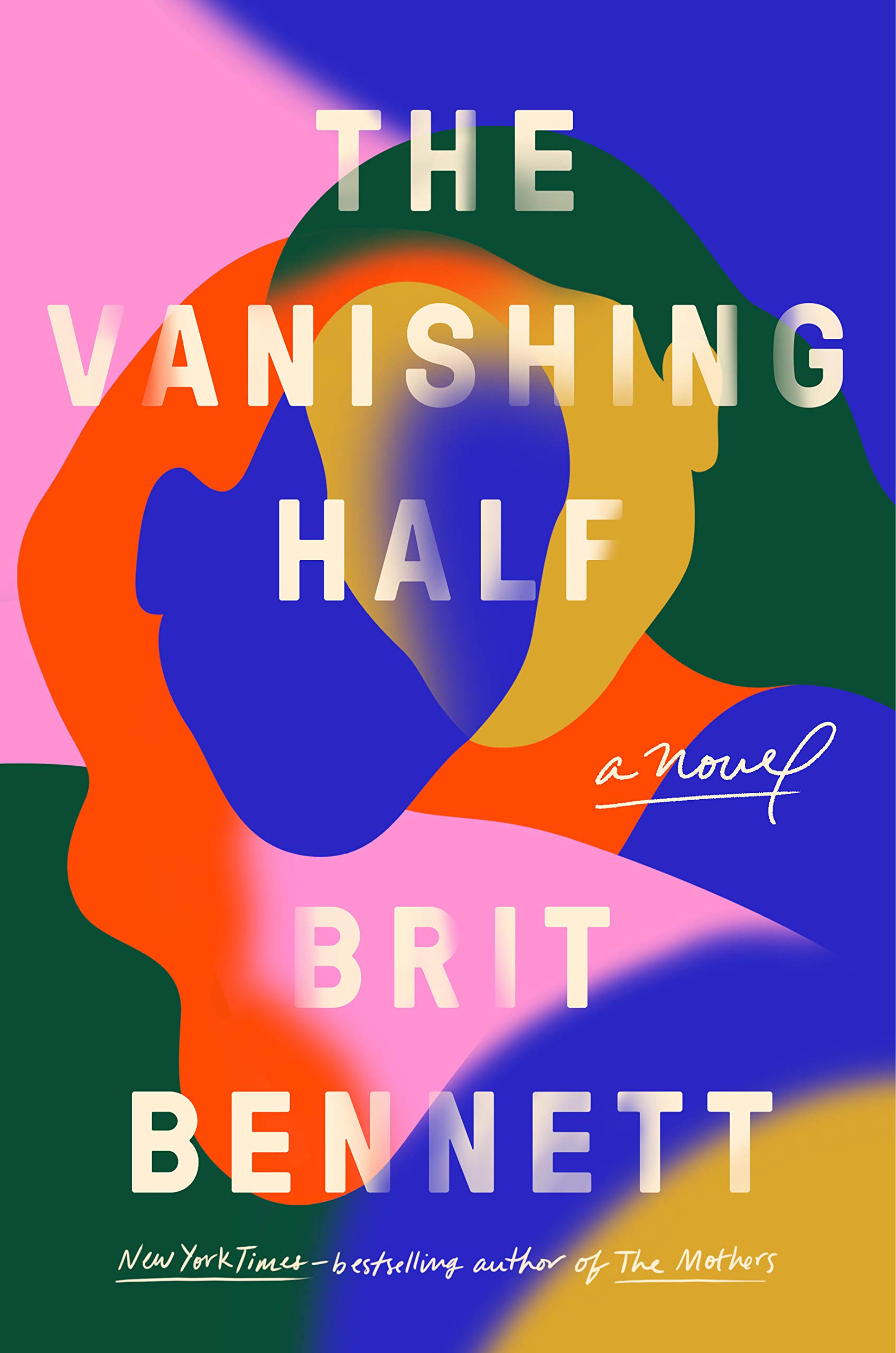Chapter 14: Kennedy Sanders’ Search for Authenticity and Identity
byIn 1988, Kennedy Sanders, approaching her thirties and fatigued by the elusive pursuit of artistic acclaim, found herself drawn into the captivating yet relentless world of daytime soap operas. At twenty-seven, she landed a coveted three-season role on Pacific Cove, a part described by the director as tailor-made for her. While she took pride in her role, Kennedy couldn’t help but feel a twinge of offense at being reduced to her dramatic flair, as if that alone defined her. Initially, the adoration from fans who recognized her as Charity Harris felt exhilarating, but it soon became suffocating. The public’s perception of her as a fictional persona rather than her authentic self highlighted a growing disconnect between her career and her identity.
Before becoming Charity Harris, Kennedy’s acting repertoire was filled with melodramatic roles designed to shock and captivate audiences. From a scheming candy striper to a scandalous teacher entangled in an affair, her characters were often exaggerated caricatures. These roles, while keeping her in the public eye, failed to resonate with her personally. Perhaps most troubling, they exclusively portrayed white characters, erasing the nuanced complexities of Kennedy’s own multiracial heritage. This dissonance between her real identity and the roles she played deepened her sense of alienation, leaving her yearning for more meaningful representation in her work.
Life on the set of Pacific Cove amplified Kennedy’s internal struggle. As Charity Harris, she was a central figure in the soap opera’s drama, yet she felt as though her identity was swallowed by her character. On set, she was rarely referred to as Kennedy; instead, she became Charity, a name that symbolized the erasure of her individuality. When her character was written into a dramatic kidnapping storyline, the plot’s intensity underscored Kennedy’s lack of agency in shaping her own career. She played her part with skill, but the disconnect between her life and her role left her feeling like a spectator in her own story, controlled by the expectations of showrunners and the audience.
This professional dissonance mirrored Kennedy’s personal struggles, particularly her fraught relationship with her mother. Memories of her childhood were punctuated by unanswered questions about her family history. One particularly vivid memory involved her mother’s refusal to discuss their heritage, silencing Kennedy’s curiosity with a dismissive response. This rejection reinforced a pattern of avoidance, pushing Kennedy further away from understanding her roots and intensifying her internal conflict about her identity.
Kennedy’s journey through the soap opera world became an extension of her deeper quest for self-awareness. Her career, built on playing fictional characters, contrasted starkly with her personal yearning to uncover the truth about herself and her family. The tension between these two worlds grew as she encountered Jude Winston, a mysterious figure tied to the parts of her family history that her mother refused to acknowledge. Jude’s presence forced Kennedy to confront the gaps in her understanding of her lineage, challenging her to reconcile the fragmented pieces of her identity.
Ultimately, Kennedy’s story is a poignant exploration of the search for authenticity amid the competing forces of societal expectation and personal truth. Her roles in soap operas, though dramatic and attention-grabbing, served as a stark counterpoint to her private struggles to define herself outside the confines of her career and familial silences. As she navigated the complexities of performance and reality, Kennedy’s journey underscored the tension between the characters she portrayed for an audience and the woman she aspired to become. Through her trials, Kennedy’s pursuit of understanding and belonging emerged as a powerful testament to the resilience required to claim one’s identity in a world that often seeks to define it for us.


